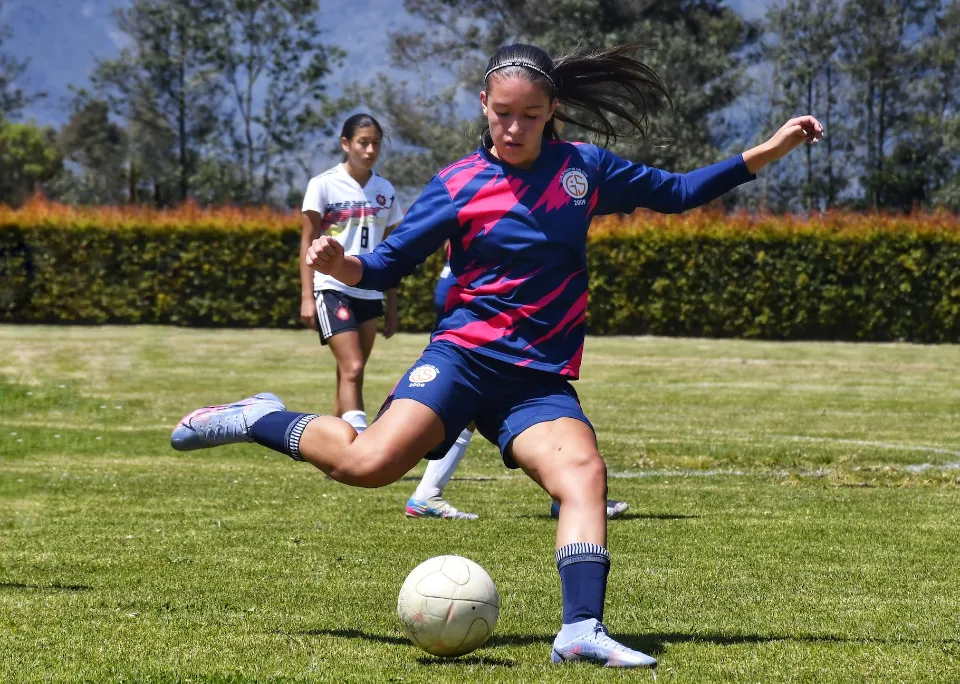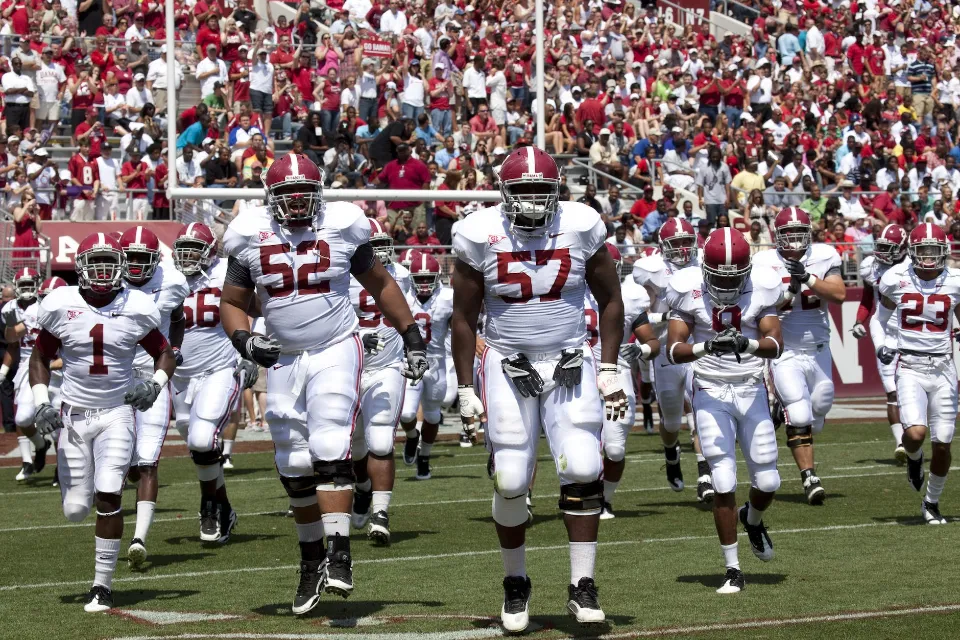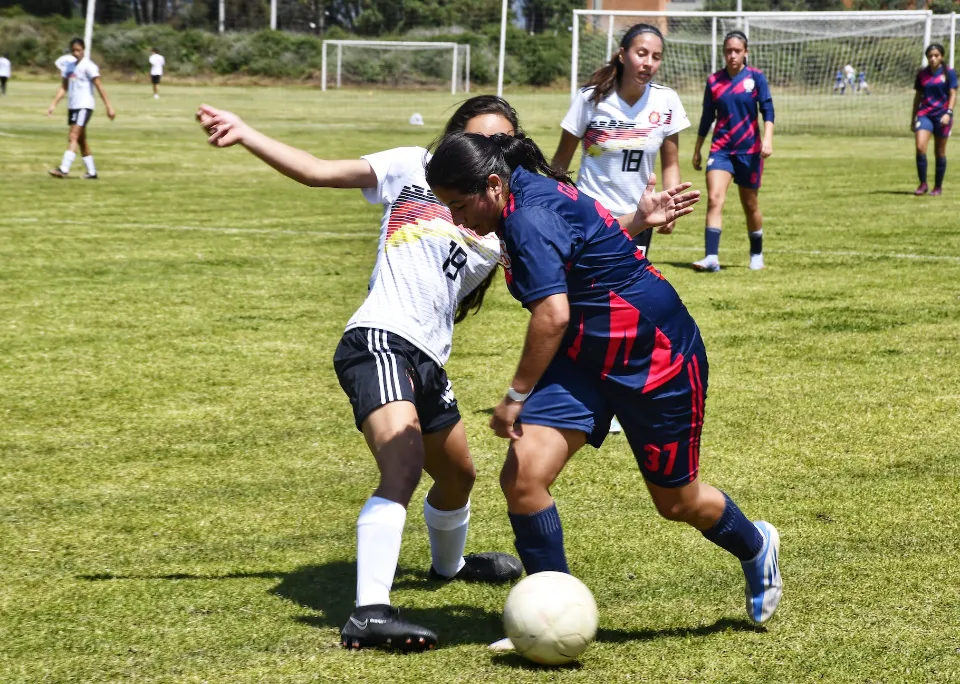
How Many Years Can You Play College Football? Age Limits in College Football
To assist you in making the best choice for your playing career, this article will provide answers to your questions about college athletics.
Are you too old to make the team despite being a college student who started late and enjoying football? How long is the college football season? Because not all high school students enroll in colleges right after graduating, age may be a factor to take into account when deciding whether or not to play college sports.
We’ll examine how age restrictions in college sports may be impacted by NCAA eligibility requirements.
How Many Years Can You Play College Football?
For NCAA Division I and II sports, there is a maximum age. Following high school graduation, the NCAA grants DI and II schools a one-year grace period. Your eligibility will start to wane one year after your high school graduating class, with the exception of tennis, hockey, and skiing.
Hockey players and skiers must wait until after their 21st birthday to begin the eligibility clock. Six months after they graduate from high school, tennis players start losing their eligibility.
Related: How Many Quarters in College Football?
The fifth year is a red-shirt year, so you have five years to compete in four athletic seasons according to the NCAA. A red-shirt year allows athletes to sit out a year of competition (for reasons such as injury or competition for playing time) and still be able to compete in all four years athletically.
The NAIA does not have an age restriction, but they do deprive athletes of seasons of competition if they participate in sports at a comparable level of competition after September 1st of their senior year in high school.

Schools in NCAA Division III do not adhere to the same eligibility requirements as those in Division I and II. Standards for eligibility at the DIII level are set by each school and conference.
What Are the NCAA Guidelines for Age?
There are no age restrictions for collegiate athletes set forth by the NCAA (National Collegiate Athletic Association).
Nevertheless, there are stringent eligibility requirements for the number of seasons a player can play, and these requirements vary depending on the accredited division a college or university has been assigned.
Division 1 Programs
After enrolling as full-time students at a Division 1 school, football players have five calendar years to complete four seasons of the sport.
This time clock has important implications because it says that you have five years to apply regardless of when you may have graduated from high school, provided you haven’t started attending college anywhere as a full-time student.
All participants must complete 16 core courses, including four years of English, three years of Math, two years each of Social Studies and Science, and four years of elective courses, in order to graduate from high school or a recognized institution.
Division 2 Programs
The requirements for college sports eligibility for a Division II school are very similar to their Div. 1 counterparts
Students must possess a high school diploma and have completed the 16 required courses (four years of English, three years of math, two years of science/social studies, and four years of electives). Players need to maintain a 2.2 GPA and an overall SAT composite score of 900 or an ACT total of 68.

Division 3 Programs
Division III schools are mostly smaller private colleges with an average enrollment of around 2,500 students. (Roughly 40% of athletes attend a Div. III institutions). There are no eligibility requirements for Div. III schools other than the student-athlete must make satisfactory progress toward a degree.
The likelihood that you will join the football team depends on your talent and ability to win over the coaches.
Junior College Programs
Only having completed high school or possessing a GED or a state-approved equivalent is necessary for a student-athlete to be eligible to play on a juco football team.
They must also meet the criteria for amateur status, meaning they cannot have received payment for performing on a professional or semi-professional level. JUCOs are subject to different regulations than the NCAA, which has strict rules to uphold.
Can the NCAA Extend Eligibility for Religious Reasons?
For athletes who must attend and take part in recognized church mission programs, the NCAA does indeed have rules. Some people must serve in order to finish their religious education.
The Peace Corps and other nonprofit organizations, which rely on volunteer staff rather than requiring people to serve in order to fulfill religious obligations, are not exempt from this rule.
Who is the Oldest College Athlete?

There is no clear answer to this question because the NCAA does not keep age records. However, notable examples of athletes competing in college athletics at advanced ages include:
- Tom Thompson, a football player for Austin College, is reputed to be the NCAA’s oldest player. At the age of 61, Thompson kicked for the D3 school in Sherman, Texas, in 2009.
- Alan Moore, whose participation in college sports was cut short by the Vietnam War, kicked an extra point in 2011 for Faulkner University, an NAIA institution in Montgomery, Alabama. In that moment, he was 61 years old.
- In 2016, running back Joe Thomas Sr., 55, suited up for D1 South Carolina State. He is thought to be the oldest D1 football player ever. Against Savannah State, he recorded one carry for three yards.
- Debbie Blount, 63, competed for Waleska, Georgia-based Reinhardt University’s women’s golf team, a member of the National Christian College Athletic Association (NCCAA).
- At Bellevue University in Nebraska, Don Byers played golf at the age of 61.
- Ken Mink, 73, played for the men’s basketball team of Roane State Community College in 2008. Roane State, a National Junior College Athletic Association (NJCAA) school in Harriman, Tennessee, played King College, and he made two free throws in that game.
Conclusion: Age Limits in College Football
Athletes must leave the team after five years of playing in four competitive seasons. If a player decides to transfer and must serve a one-year eligibility waiting period, the clock is not restarted.
Five years of competition in four sports are permitted by the NCAA, with the fifth year serving as a red-shirt year. For athletes who want to compete in college sports, the NCAA has different rules and regulations. Although it may be difficult to comprehend these regulations, it is crucial that you do.
FAQs
Can You Play More Than 4 Years of College Football?
Student-athletes in the NCAA are allowed to participate in one sport for four seasons. Students who compete in Division I and II at any point during the course of the season are regarded as having participated for the entire season.
How Long Can You Play College Football?
Five years of competition in four sports are permitted by the NCAA, with the fifth year serving as a red-shirt year.
Can You Play College Sports After a Gap Year?
NCAA Division 3 has no guidelines regarding a year off. You can enroll full-time as a student-athlete to compete right away while taking more than one gap year.


